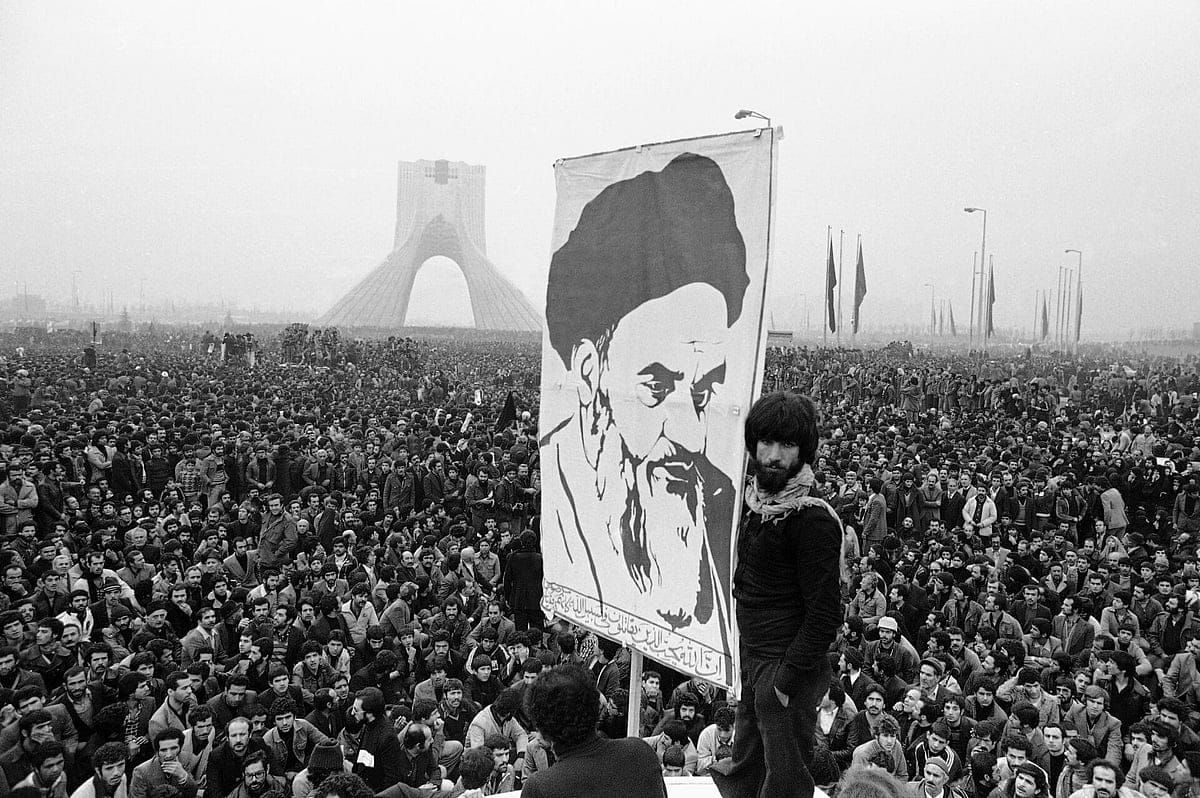When “freedom from religion” became dangerous

It's no secret that religion has become a dirty word in the public sphere, particularly in politics. The "freedom of religion" portion of the First Amendment has increasingly come to mean that public expressions of faith are unwelcome, lest anyone feel offended. It goes without saying that religious intolerance in the name of tolerance runs contrary to America's founding principles. But in the age of religiously motivated terrorism, it has also become a national security liability.
A privatized role for religion is precisely the opposite of the robust relationship our Founding Fathers envisioned between Church and State. In his Federalist papers, James Madison openly encouraged vibrant, and even raucous, religious debate in the public square, noting that such dialogue is a necessity condition liberty to flourish. George Washington's Farewell Address called for freedom of religious expression for all faiths, commenting that religion is one of the "indispensable supports" of the fledgling nation. The so-called Establishment Clause of the first Amendment in the U.S. Constitution was designed to preserve and protect this very freedom.

